- Research
- Research Centers
- Journals
- Admission
- Introduction
- Programs
- Application
- Alumni & Giving
- Alumni Club
- Giving
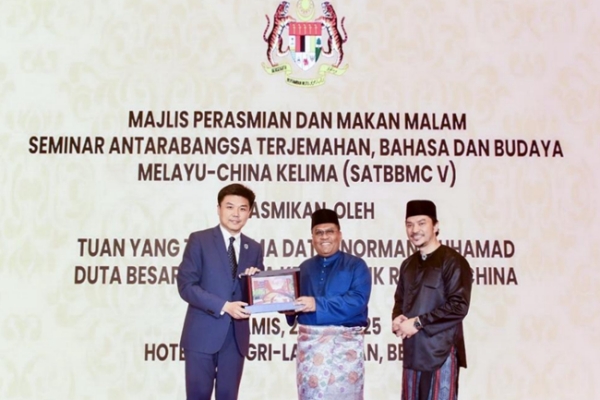
The Fifth China-Malaysia International Conference on Translation, Language and Culture was held at BFSU from May 22 to 23.
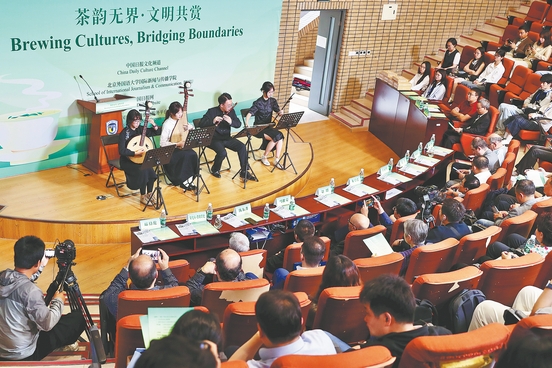
Rich traditions brew meaningful connections between cultures, economies, emotions and nature.
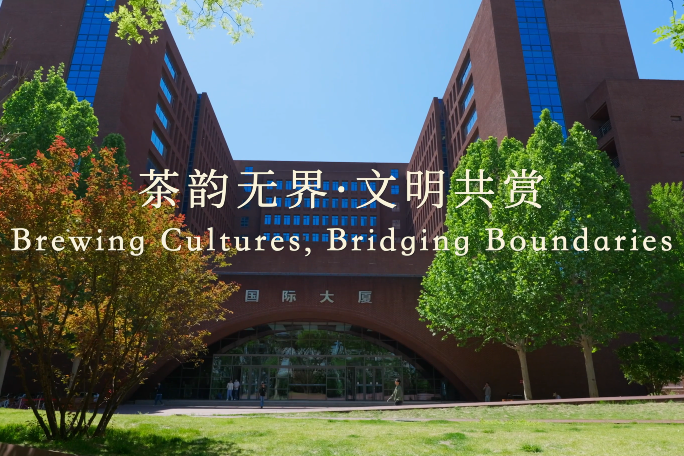
A cultural event themed "Brewing Cultures, Bridging Boundaries", co-hosted by China Daily and Beijing Foreign Studies University, was held on May 17 to celebrate the upcoming International Tea Day, observed this Wednesday.
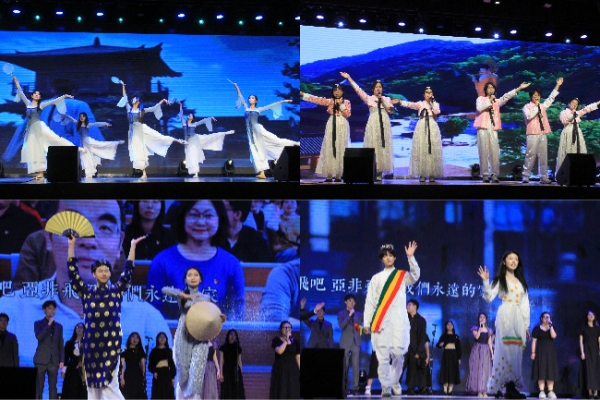
The 2025 Asian & African Cultural Gala, themed “Voices of the Tide”, was hosted by the School of Asian Studies and the School of African Studies at BFSU on May 14.
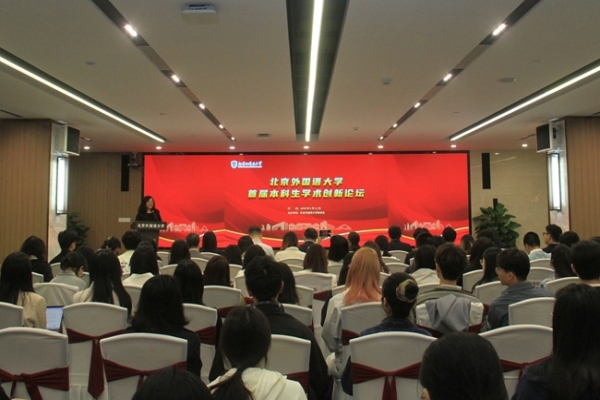
BFSU held its Inaugural Undergraduate Academic Innovation Forum on May 11, creating a platform to inspire scholarly exploration and academic excellence among undergraduate students.
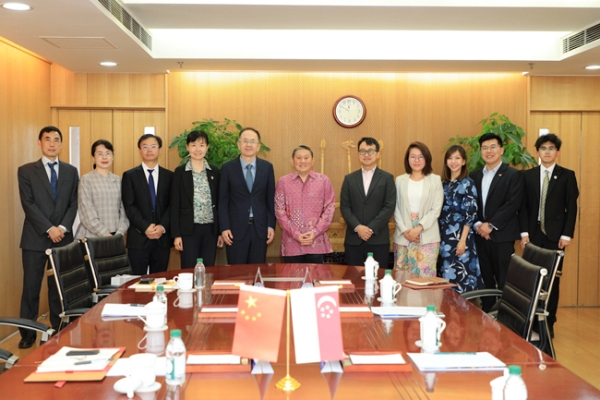
Singaporean Ambassador to China Peter Tan Hai Chuan visited BFSU on May 8 and was received by Jia Wenjian, president of BFSU and deputy secretary of the CPC BFSU committee.
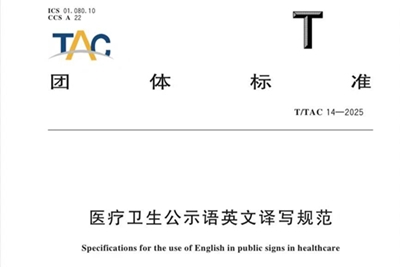
The "Specifications for the Use of English in Public Signs in Healthcare" was released on April 25 during the TAC Annual Conference.

From April 16 to 24, Jia Wenjian, president of BFSU and deputy secretary of the CPC BFSU committee, led a delegation on a visit to Kazakhstan, Uzbekistan, and Kyrgyzstan.
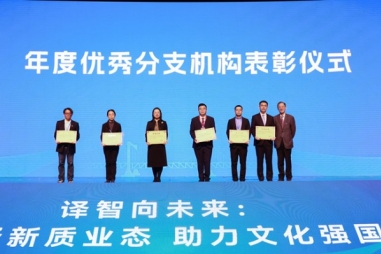
The TAC Annual Conference 2025 opened in Dalian, Liaoning province, on April 24.